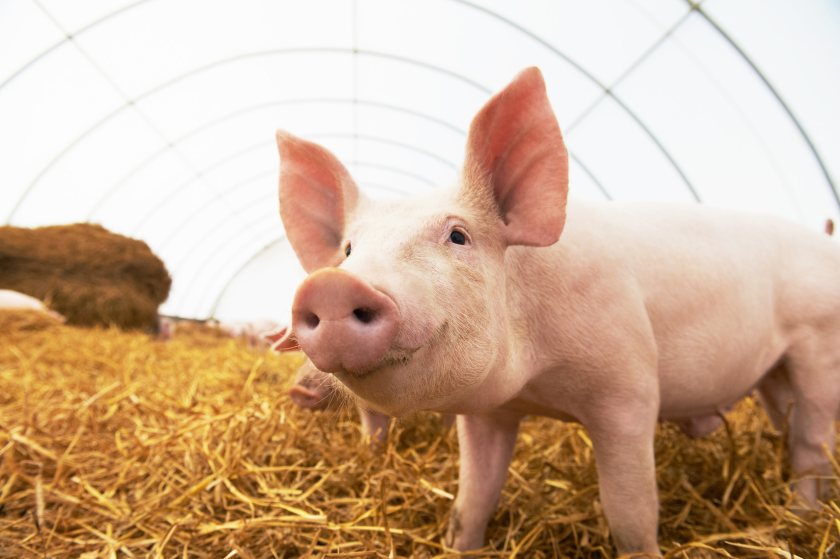NI farmers warn of veterinary medicine crisis as Brexit rules bite

Northern Ireland’s farmers face a looming veterinary medicine crisis that could slash supplies by nearly half from January 2026, the Ulster Farmers’ Union (UFU) has warned.
The concerns come after the Animal Health Distributors Association (AHDA) revealed that up to 40% of vital pack sizes could disappear from the market – a figure the UFU says far exceeds initial government estimates.
Smaller and medium-sized farms, which form the backbone of Northern Ireland’s agricultural sector, would be hit hardest.
UFU president William Irvine stressed that while earlier government schemes brought some relief for vets, they left a glaring gap for those on the frontline of animal healthcare.
“UK government schemes must address the vital role of Suitably Qualified Persons (SQPs), who supply approximately £35 million veterinary products annually,” he said.
The UFU fears the new arrangements could leave SQPs unable to source alternatives when products are withdrawn, transferring additional strain to veterinary practices already stretched to capacity.
Irvine warned this “regulatory gap, if left unaddressed, would disrupt the entire supply chain and place an undue burden on farm operations.”
At the heart of the issue is the removal of small and medium pack sizes – essential for local farming structures. Without them, farmers may be forced to purchase larger, more costly volumes.
According to Irvine, this not only drives up expenses and generates waste, but “most concerningly, limits the choice of active ingredients. This is a direct threat to our ability to manage animal health responsibly and fight antimicrobial resistance.”
The UFU argues that the consequences are both economic and ethical, with farmers facing the prospect of tying up scarce finances in excess medicine or risking untreated animals because of prohibitive costs.
The issue stems from the Windsor Framework, the post-Brexit trading arrangement designed to smooth goods movement between Great Britain and Northern Ireland while protecting access to the EU single market.
While it eased some frictions, veterinary medicines remain a sticking point, with industry groups warning that without further derogations, Northern Ireland could lose access to products that remain freely available elsewhere in the UK.
While acknowledging the importance of complying with EU regulations to preserve single market access, the UFU insists NI must not be left with “a two-tier animal welfare system” that disadvantages its producers.
The union is calling on both the UK government and the European Commission to urgently secure a further derogation, giving certainty to SQPs and safeguarding veterinary medicine supplies beyond 2026.








